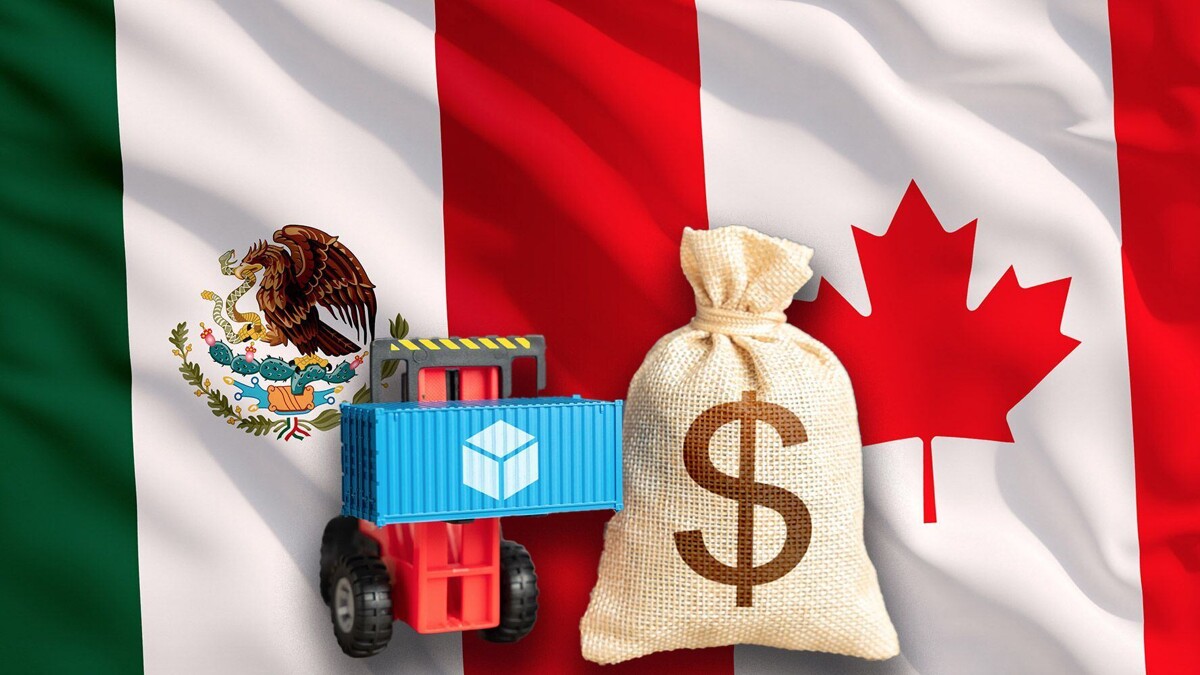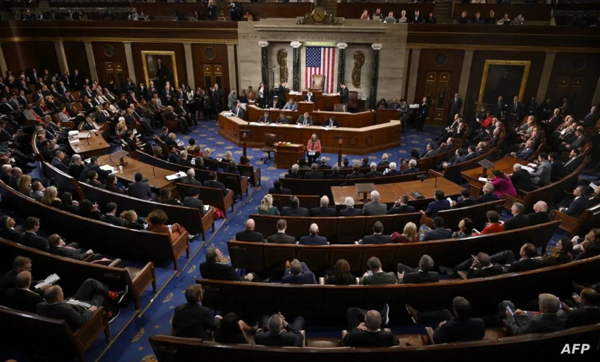
The company General Motors (GM) has expressed its willingness to move part of the vehicle production currently made in Mexico and Canada to the United States in case the U.S. President, Donald Trump, imposes tariffs on these neighboring countries. The president and CEO of GM, Mary Barra, communicated during a virtual conference with analysts that the company has production capacity in the United States to cover a portion of the pickup truck production made in the two countries.
"We have the capacity in the United States to move some of that. We also sell trucks globally, so we can consider the origins of international markets," said Barra. The deadline of February 1 for the possible imposition of tariffs on Canada, Mexico, and China remains in place, according to White House spokesperson Karoline Leavitt in a press conference.
Donald Trump has expressed his commitment to effectively implement the tariffs. The administration is also considering imposing a 10 percent tariff on Chinese products on February 1, although specific details on the sectors that would be affected have not been provided. The possibility of additional sector-specific tariffs that could impact industries such as pharmaceuticals, semiconductors, computer chips, steel, aluminum, and copper has been suggested.














